We all know the feeling – you leave the salon and feel like you’re walking on a red carpet. The street becomes a runway for you to strut down, with several head-turns and double-takes along the way. When you’re feelin’ your hair, you’re feelin’ yourself.
A fantastic hair day may seem small, but you would be surprised what that extra bit of confidence can do, from crushing a job interview to asking out the cute barista. Of course, that confidence may have been inside you all along, but there’s nothing wrong with having a solid strategy to help bring it to the surface.
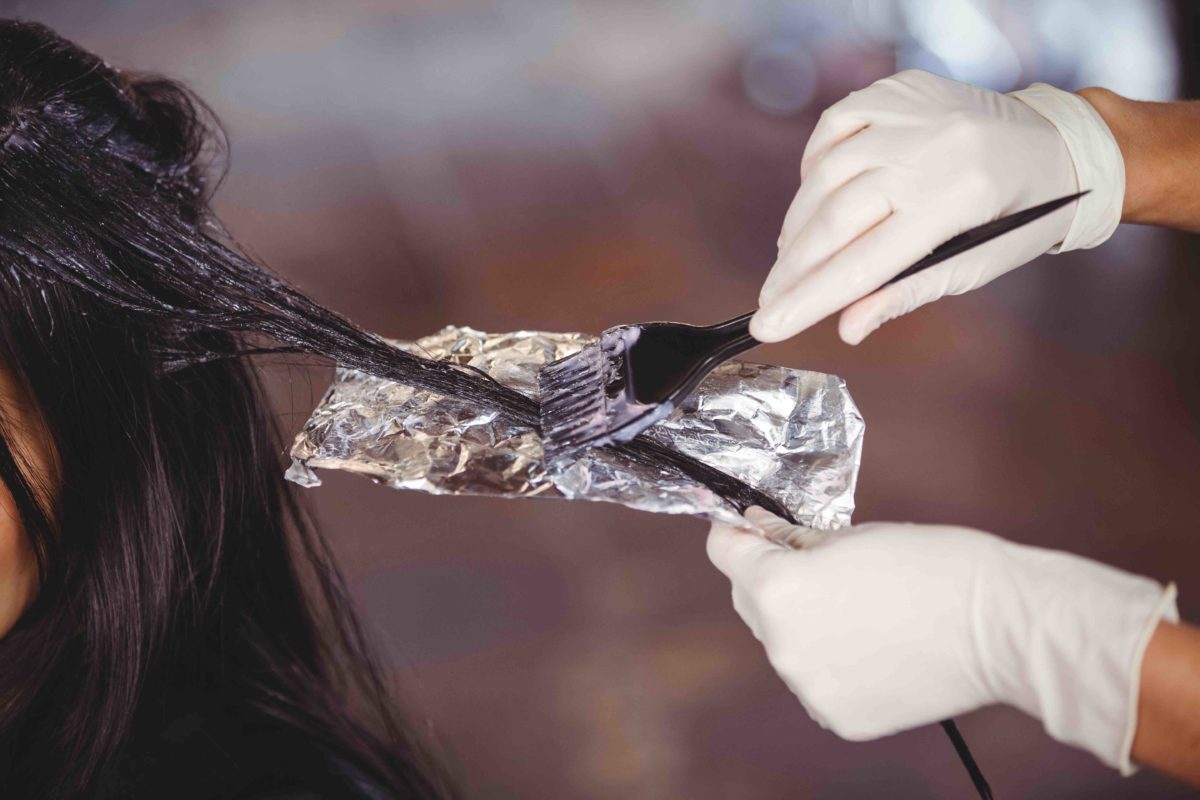
For many, fresh, luscious natural-looking highlights are one of the most imperative keys to a great hair moment. From catching a shine at every turn to adding a little intrigue to your natural locks, a good set of highlights can add some serious oomph to your everyday look.
While most hair enthusiasts know the term “highlights,” they may not understand how an expert stylist will create them. Some types of highlighting strategies may work better than others with your unique hair type, so understanding the different types of highlights to consider may seriously up your hair-dying game.
Whether you’re a life-long-highlights-haver or a newbie to the hair-dying world, we recommend heading to your next salon appointment with this information under your belt! Here are all of the types of highlights you should know about to land your next life-changing great hair day.
What are the Main Types of Highlights?
Highlights, naturally produced or created with hair dye, are strands of lighter-colored hair. These lighter locks usually frame the face and are more visible with time spent in the sun. If you want to create this sun-kissed look at the salon, there are five main types of highlights that a hairstylist will leverage:
- Traditional Highlights
- Full Highlights
- Partial Highlights
- Babylights
- Balayage
- Foilayage
- Flamboyage
- Ombré
- Sombré
- Chunky highlights
No matter what type of highlight you choose, you can enjoy the added texture, depth and shine that these popular techniques provide – as long as you work with an expert stylist. If you don’t have a trusted stylist yet, you can check out all the options in your area here!
Traditional Highlights
Traditional highlights leverage pieces of foil to lighten intermittent groups of hair from root to tip. The hair may be lightened using hydrogen peroxide or a mix of hydrogen peroxide and pigment.
Full Highlights
Full highlights include using a highlighting technique to the entire head of hair. This type of highlight creates added luster and color interest from any angle.
Partial Highlights
Partial highlights only lighten hair on certain parts of the head, usually the hair that frames your face. This can create a more subtle look that is easier for upkeep.
Babylights
New to highlighting? Test the waters with babylights. Babylights add subtle and delicate highlights that mesh naturally with the base color of your hair. These are the kind of highlights where instead of saying, “I love the new hair color!” people will say, “I can’t put my finger on why… but you look glowy today!”
Balayage
This newer technique hit the mainstream a couple of years ago, and people can’t get enough of it. Aptly named after the French word for “sweep,” hairstylists will hand-paint the highlights, starting at mid-shaft and gradually increasing the highlights towards the ends of the hairs. This technique creates a lovely, melty result.
Foilyage
A fusion of traditional highlights and Balayage, Foilyage uses the same hand-painted technique as balayage but finishes by applying foil to the highlighted sections. This helps hair to lighten for a more noticeable color change.
Flamboyage
Flamboyage, or peek-a-boo highlights, takes the balayage technique a step further by leveraging special tape called flamboyage meche to give the hairstylist more power over which strands of hair they lighten.
Ombré
The ombré hair coloring style leaves the top of the head largely untouched. Highlights start at mid-shaft and increase moving down the hairs for a gradual lightening effect. This option is excellent for those who don’t want an awkward grow-out.
Sombré
Sombré is the quieter sister of Ombré but is just as beautiful. Using the same technique, Sombré highlights don’t change too drastically in color for a more subtle, natural change.
Chunky Highlights
An homage to the early nineties, chunky highlights are a dramatic and retro highlight option that throws “natural” out the window for a funky and pronounced look. You can even incorporate bright colors for an extra wild look.
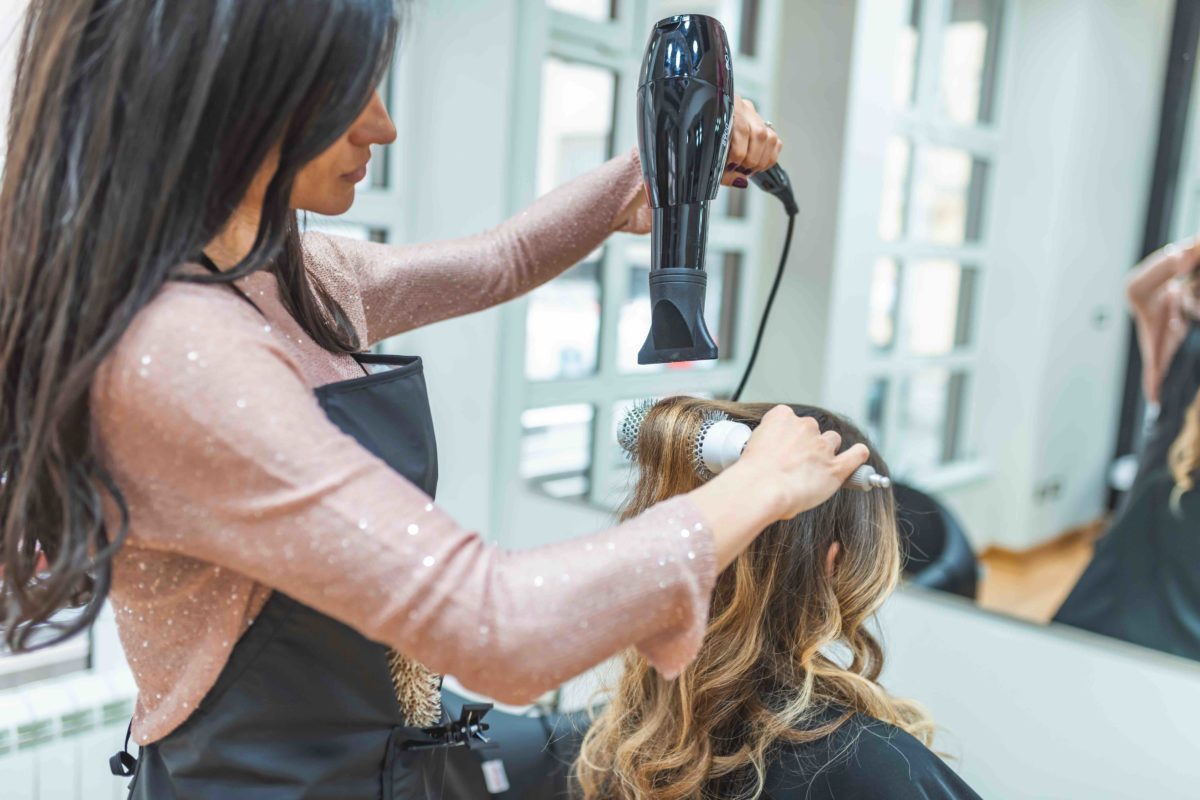
Best Highlights for Blonde Hair
If you’re already blonde but want to add that va-va-voom look to your hair color, you have several options. Balayage is an excellent choice for a golden, melty glow. Babylights will illuminate your natural color for a delicately enhanced lift. Ombré can get you some beachy, easy-to-manage sun-kissed tips.
Best Highlights for Brown Hair
Brown hair can usually be slightly more challenging to highlight than lighter hair colors, so hair stylists may leverage foil-based highlights for subtle and more dramatic results. This means a stylist may use full and partial highlights or foilyage for your desired results. More likely than not, your stylist will also introduce pigment with golden or chestnut tones for more natural color.
Ready for the hair day of your dreams? Check out all of the amazing stylists specializing in multiple types of highlights in your area! You can find it all on ClassPass.

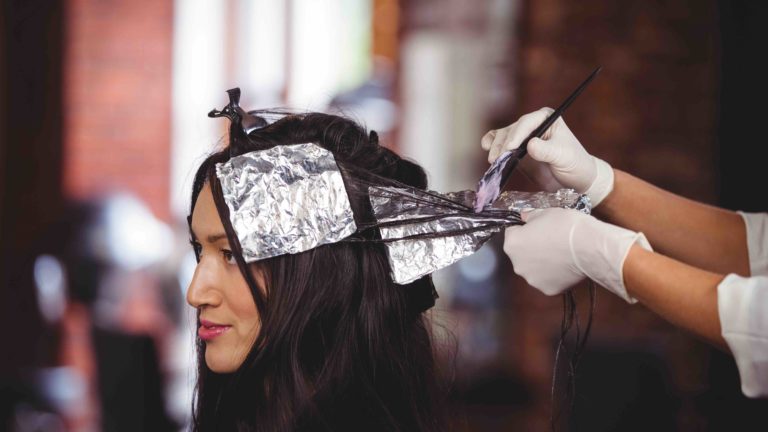
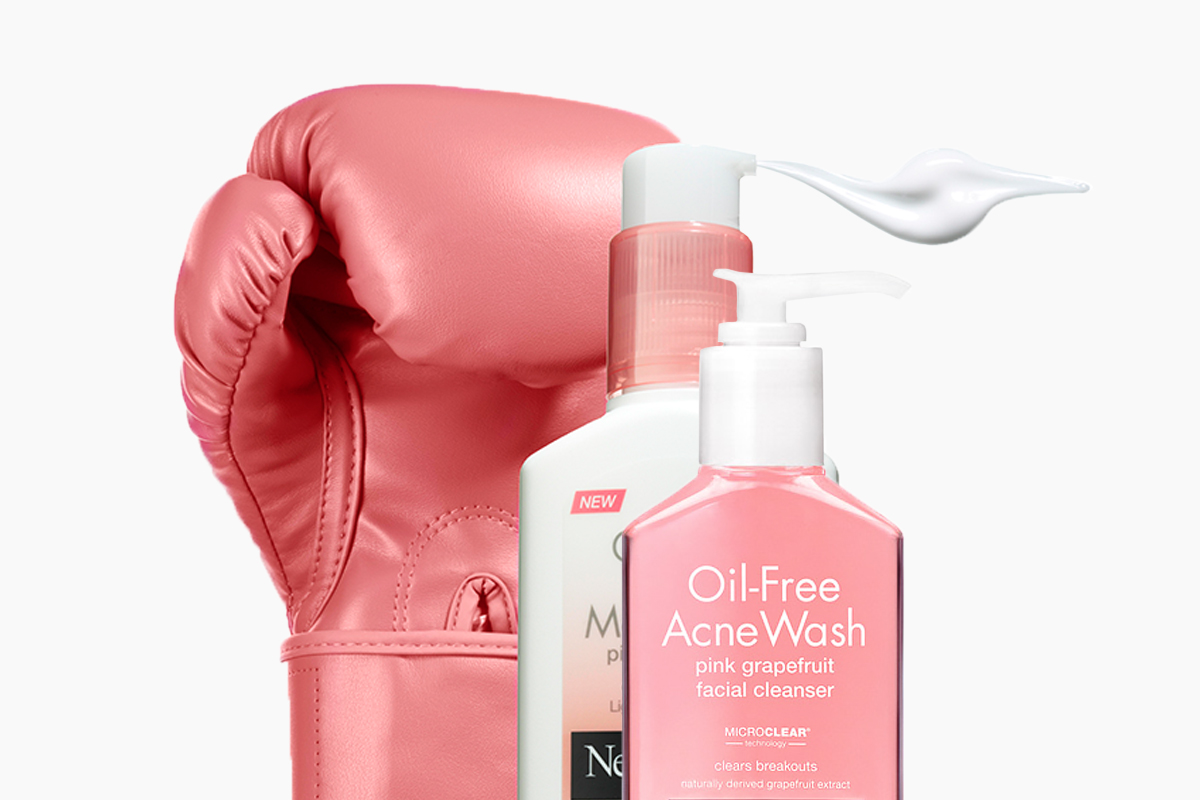
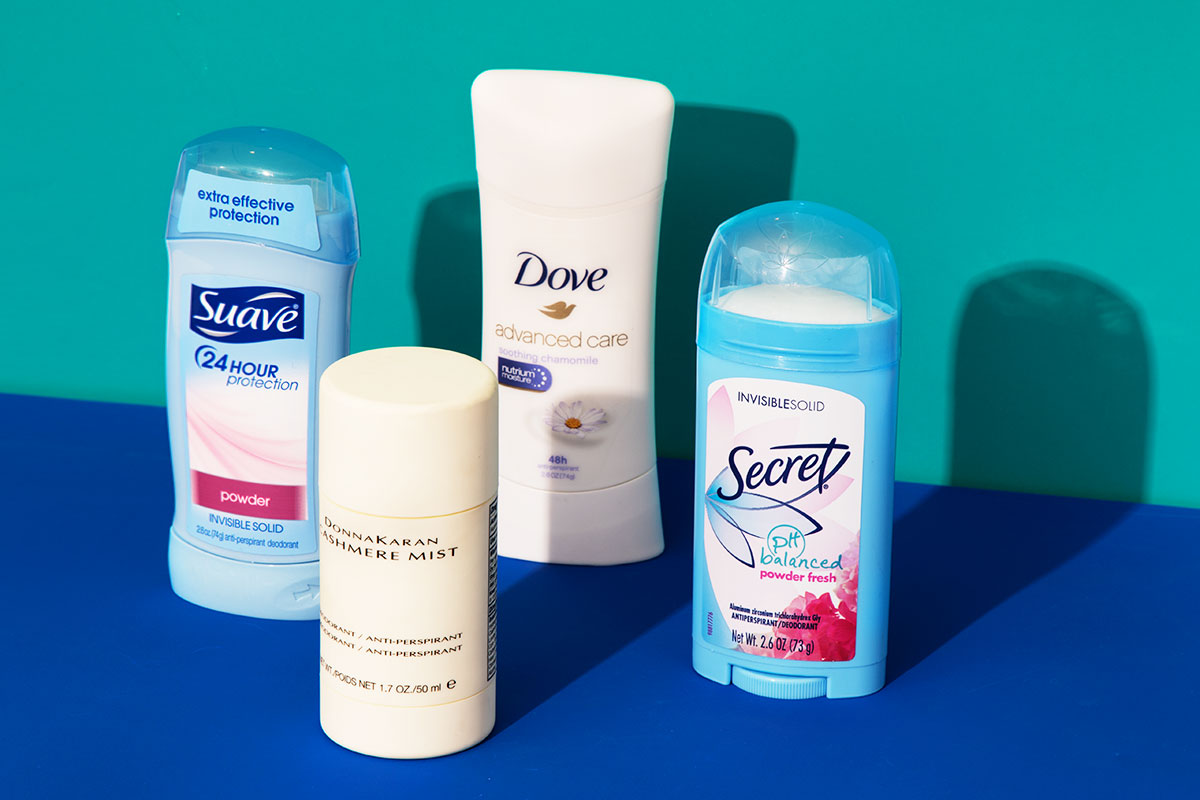
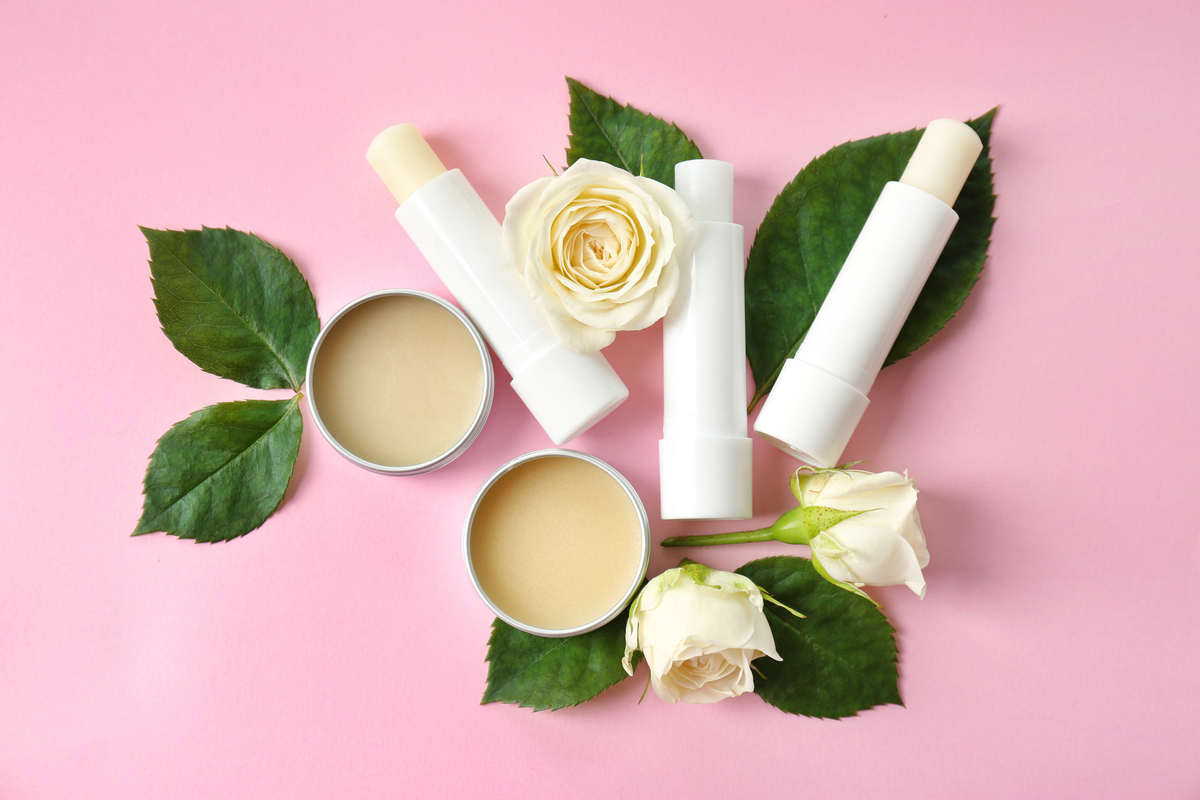
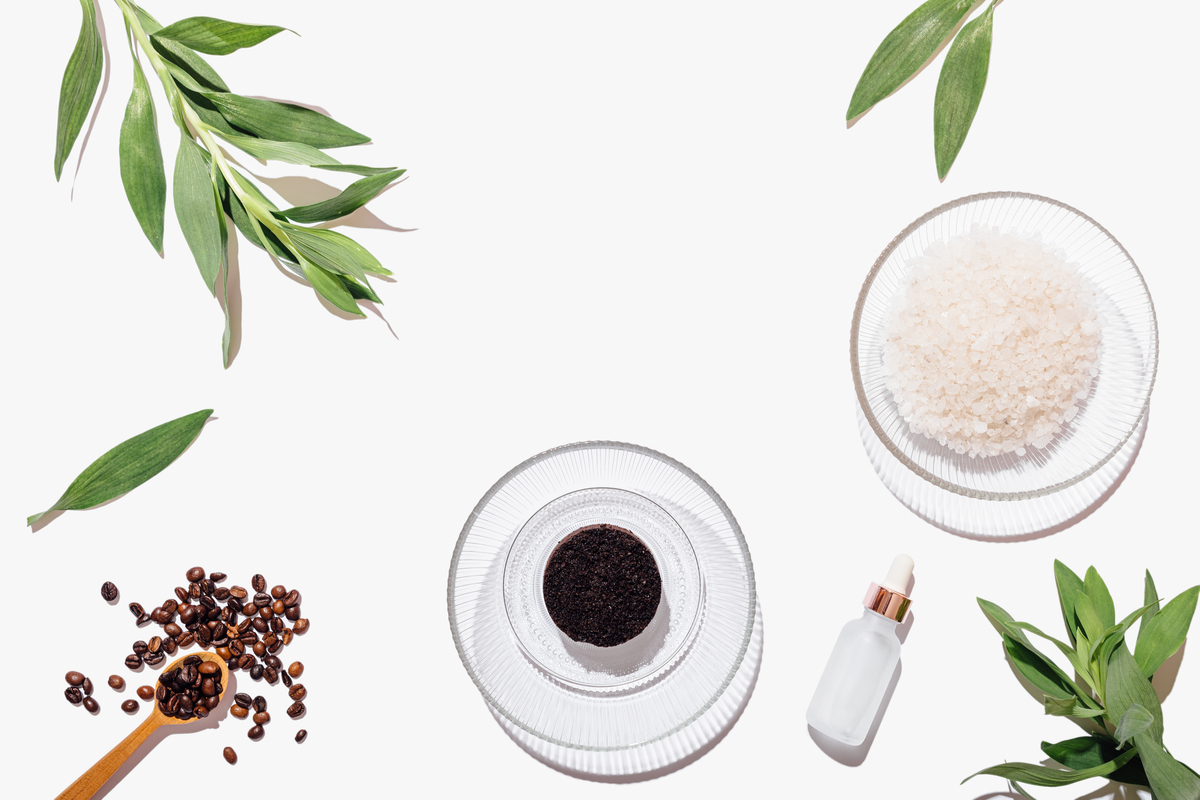
Great